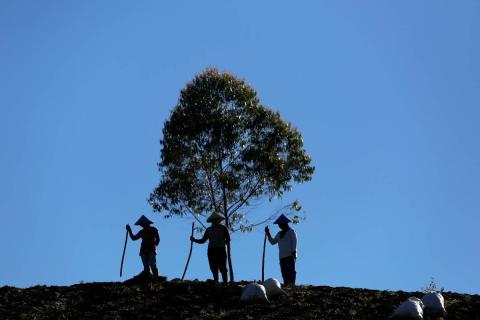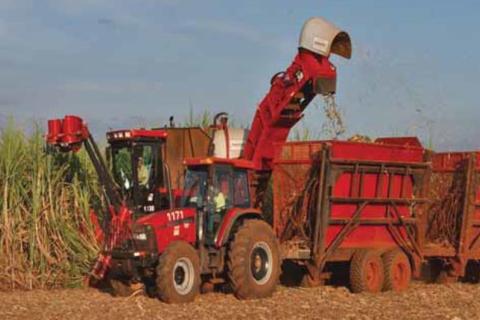
Topics and Regions
Land Tenure Specialist
Lukasz Czerwinski has worked in international development for more than 12 years, with an emphasis on land and health. In his current role, Lukasz engages in a broad spectrum of functions and activities related to securing revenue from public sector, foundation, and corporate funders. In addition, he leads components of Landesa’s Responsible Investments in Property and Land (RIPL) Project that brings together business, government, and local communities to recognize and protect the land rights of current land users while meeting the needs of governments and companies. Lukasz’s recent assignments have included supporting multinational food and beverage corporations as they work to integrate land-related policies and practices in their business models and supply chains. Prior to working for Landesa, he worked for Population Services International (PSI).
Areas of Expertise:
Program management and implementation; stakeholder management; marketing and communication; fundraising and business development; compliance and grant management; land and property rights research; community-investor-government partnerships; training and capacity building support; and community mobilization.
Education:
M.B.A., Specialization in Sustainable Business, Albers School of Business and Economics, Seattle University, Seattle, WA
B.A. Engineering, Construction, Iowa State University of Science and Technology, Ames, IA
International Experience:
Lesotho, India, South Sudan, Zambia, Zimbabwe
Details
Affiliation:
Location
Contributions
Displaying 1 - 3 of 3How can land investments be both sustainable and equitable?
In a saturated marketplace, food and beverage companies too often avoid addressing land rights issues.
Achieving responsible large-scale land based investments: why aren’t best practices a done deal?
Over the last 10 years, a clear consensus has emerged: investments in land should be done responsibly. However, understanding tenure-related risk in the context of land-based agricultural investments in emerging markets can be complex.
For individual women and men within communities, these complexities can have severe and negative effects on their land and livelihoods. This is especially true for more vulnerable members of the community: widowed or divorced women, youth, and ethnic minorities.




